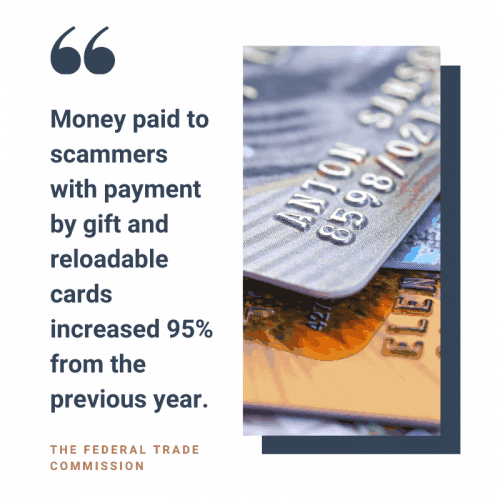An imposter scam alert is a necessity these days because of the steady increase in the number and types of fraudulent activity that is reported. Each day, unsuspecting victims have their identity or money snatched before they are even aware that they have given personal information or cash to a not-so-great pretender. These criminals are successful at fooling so many people because they are astute at imitating legitimate businesses or people.















